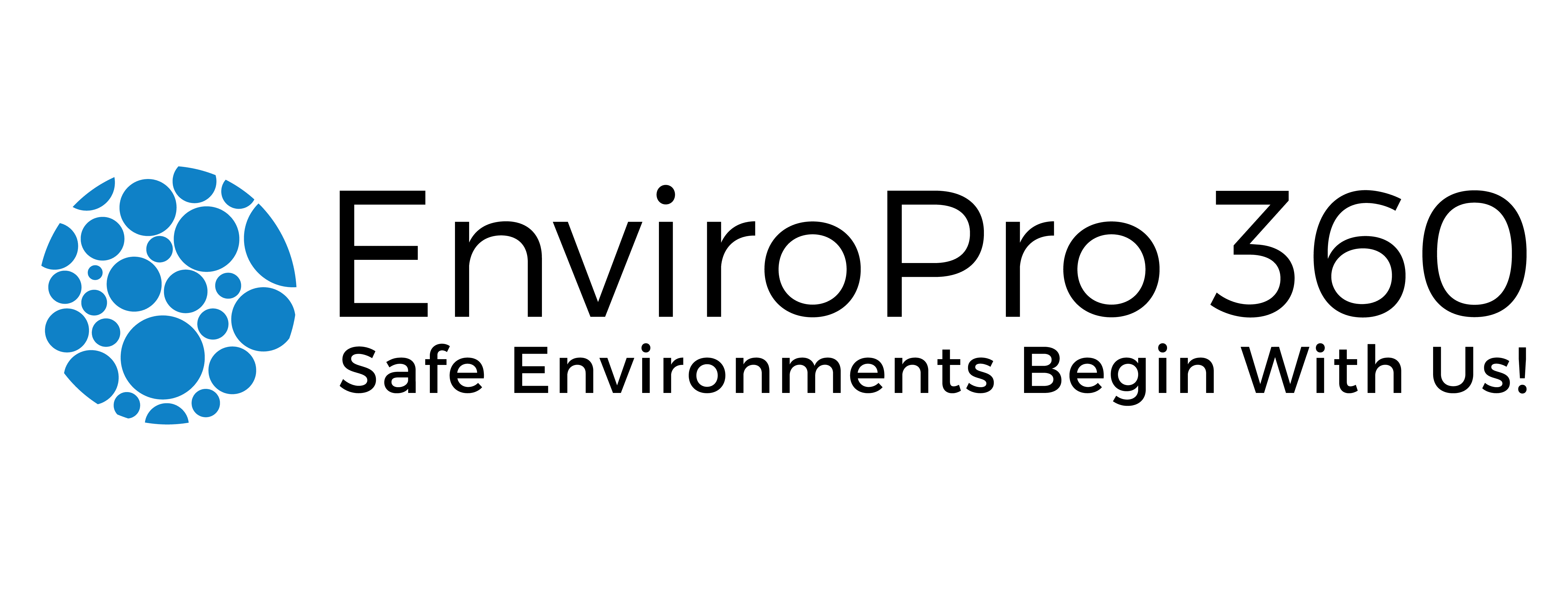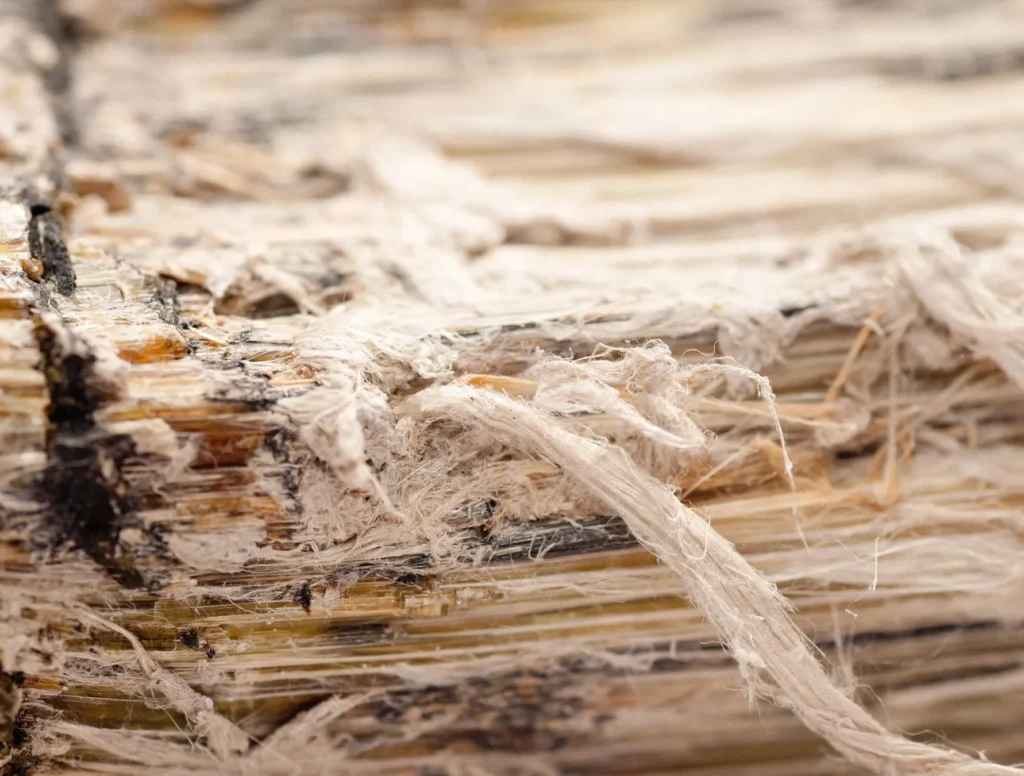So, you’re buying your dream home. The offer is in, inspections are underway, and things are looking good—until your home inspector drops the bomb: “There’s mold.”
Cue the stress, right?
But here’s the thing—this isn’t as uncommon or disastrous as it might feel in the moment. In fact, the EPA estimates that over 50% of U.S. homes have some form of mold, and a home inspection is often where it’s first spotted. The key is knowing what kind of mold you’re dealing with, how serious it is, and what to do about it before moving forward.
Let’s walk through what happens when your inspector finds mold—and how to make sure it doesn’t derail your plans (or your health).
First, Don’t Panic
Yes, finding mold can feel like a big red flag. But take a breath.
General home inspectors aren’t mold specialists—they’re trained to notice issues that might need further evaluation. So if they mention mold, it doesn’t mean the house is unsalvageable—it means it’s time to bring in a mold expert for a deeper look.
Understand What the Inspector Really Found
Sometimes inspectors spot visible mold—dark patches under sinks, on attic rafters, or along basement walls. Other times, they may note “suspected microbial growth,” especially if there’s a musty smell or signs of moisture damage.
But here’s the thing: a home inspector can’t confirm the presence or type of mold without lab testing. That’s where a certified mold inspector comes in.
At EnviroPro 360, we specialize in mold testing and environmental assessments. Our job is to figure out exactly what kind of mold is present, whether it’s harmful, and how far it’s spread.
Why You Should Take Mold Seriously
Mold isn’t just a cosmetic issue. Certain types—especially Stachybotrys chartarum, or “black mold”—can release toxins that impact your health.
Even common molds can cause symptoms like:
- Sneezing or chronic coughing
- Skin irritation or rashes
- Worsening asthma or allergies
- Headaches and fatigue
The CDC points out that people with asthma, compromised immune systems, or mold allergies are particularly vulnerable to health effects.
Plus, mold can eat away at wood, drywall, and insulation—causing structural damage over time. It’s definitely not something to ignore.
What to Do Next: The Smart Steps
Here’s a play-by-play of what to do if your home inspector flags mold:
1. Get a Professional Mold Inspection
Bring in a certified mold inspector (like us!) to assess the situation. We’ll test the air, surfaces, and hidden areas using specialized tools and send samples to a lab for analysis.
2. Understand the Report
We’ll provide a detailed report explaining:
- The type(s) of mold present
- The concentration levels
- Likely sources of moisture
- The scope of contamination
- Recommendations for remediation
3. Evaluate Remediation Options
If remediation is necessary, you’ll get a clear picture of what’s involved and what it will cost. Some mold can be handled easily, while other cases may require professional cleanup and repairs.
4. Use It in Negotiations
Finding mold doesn’t mean you have to walk away. Many home buyers use mold findings to negotiate repairs, credits, or price reductions. Your real estate agent can guide you on the best approach.
5. Don’t Skip Re-Testing
After cleanup, it’s smart to have post-remediation testing done to confirm the mold has been properly removed—especially before closing the deal. This is also referred to as “clearance testing” for mold.
How to Prevent This from Holding Up Your Real Estate Closing
Time is money during a real estate transaction, and mold issues can lead to delays. Here’s how to keep things moving:
- Act quickly. Schedule your mold inspection immediately after the home inspection where signs of mold are noticed.
- Work with experienced pros. Remediation companies can follow special mold remediation plans created by testers like EnviroPro 360 so they can move fast without cutting corners.
- Document everything. Keep copies of reports, estimates, and remediation receipts to show lenders and closing attorneys.
- Stay flexible. Repairs may require a slight shift in closing dates, but with clear communication, many delays can be avoided.
Why It Pays to Work With Certified Mold Inspectors
DIY mold kits from the hardware store might seem like a quick fix, but they’re often inaccurate and don’t provide the information you need during a real estate transaction. Lenders, insurance companies, and attorneys all want professional documentation when mold is involved.
At EnviroPro 360, we’re certified by IICRC, AIHA, and IAQA—so you can trust that our results are accurate, compliant, and ready to be used in your negotiations.
Mold Isn’t a Deal Breaker
Finding mold during an inspection can feel overwhelming, but it doesn’t have to kill the deal—or your dream of homeownership. With the right team, the right info, and the right next steps, mold can be managed safely, quickly, and affordably.
If mold shows up during your inspection, contact EnviroPro 360 for certified mold testing and guidance. We’ll help you get the clarity you need to move forward confidently—and breathe easier knowing your new home is safe.


